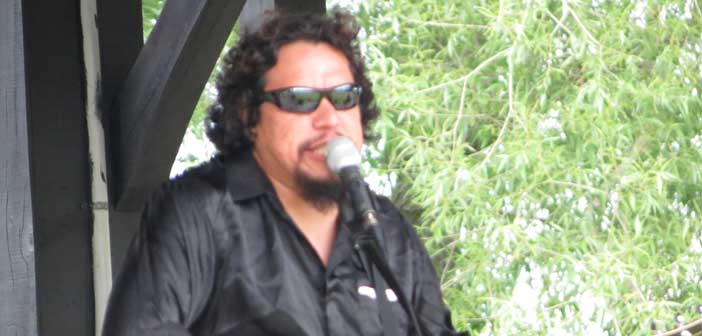A full 75 years ago today (Wednesday) on September 10, 1939, Canada declared war on Germany just over a week after Great Britain’s similar declaration.
Parliament in Ottawa was recalled for a special debate, the result of which was unanimous support for entry into the war against Germany. The Senate also met in a special session to ratify Parliament’s motion and so the Governor General of the day was able to communicate to the British Prime Minister (and King George VI) that Canada was independently at war with Germany.
More than a half century ago, a Grade 13 history teacher of a class this writer was part of declared to students that, “this was the darkest week in Canadian history,” suggesting that Canada should have declared war at or about the same time as Great Britain had done that many days earlier.
In fact, the two-day parliamentary debate that led to the unanimous support for war against Germany and this country’s September 10 announcement to the country was a studied measure in nation building, indicating to Canadians and to rest of the world that this country was a nation in its own right and as such would determine against which enemy and at what time it would exercise this most fundamental demonstration of nationhood: the declaration of war.
That history teacher a half-century ago clearly missed this important detail entirely with his criticism of the Liberal government of Prime Minister William Lyon McKenzie King 25 years after the fact. (McKenzie King was also fully supported by Progressive Conservative and Official Opposition leader R.J. Manion and his caucus.)
Presumably, that teacher (and there would have been many in this country who thought like him at that time) was a monarchist who still thought in terms of the old British Empire whereby colonies, like Canada, were obligated to be at war when Mother England went to war. This, in fact, had been the case in 1914 and when Great Britain declared war on Germany in early August of that year, Canada was automatically in the fray (as were other colonies including Australia, New Zealand, and India).
By 1939, most thinking Canadians knew that war with Germany was virtually inevitable and the royal visit to Canada by the King and Queen earlier in 1939 was very much an indication that support from this particular former colony was being sought as the clouds of war loomed over Europe. The royal tour, by train, unusually visited every province as well as the then-independent Dominion of Newfoundland.
(Many Manitoulin seniors recall the excitement of being taken to Sudbury to see the King and Queen at the downtown CPR station and to see Queen Elizabeth presented with a bouquet of Manitoulin wildflowers made by pioneer horticulturist Doug Murray of Sheguiandah.)
But by 1939, Canada had won independence through the 1931 Statute of Westminster by which virtually all of the ordinary powers of statehood devolved from the British Parliament at Whitehall to the Canadian parliament in Ottawa.
This declaration of war a week after Britain had gone the same route was the first time after the evolution of these processes to elected Canadian MPs that they had had the opportunity to make an independent declaration of war.
While this may be seen by many in the current day and age to be an unsavoury example of flexing the authority of an independent nation state, this event 75 years ago, besides propelling Canada into the world-changing events of the Second World War and the post-war period which still defines us to a great extent, was a pivotal moment in the history and development of this country and that in and of itself is worth marking this week.
Presumably that teacher, as he grew older and wiser, also came to this same realization. For the sake of future senior high school classes he may have taught, we sincerely hope this proved to be the case.




